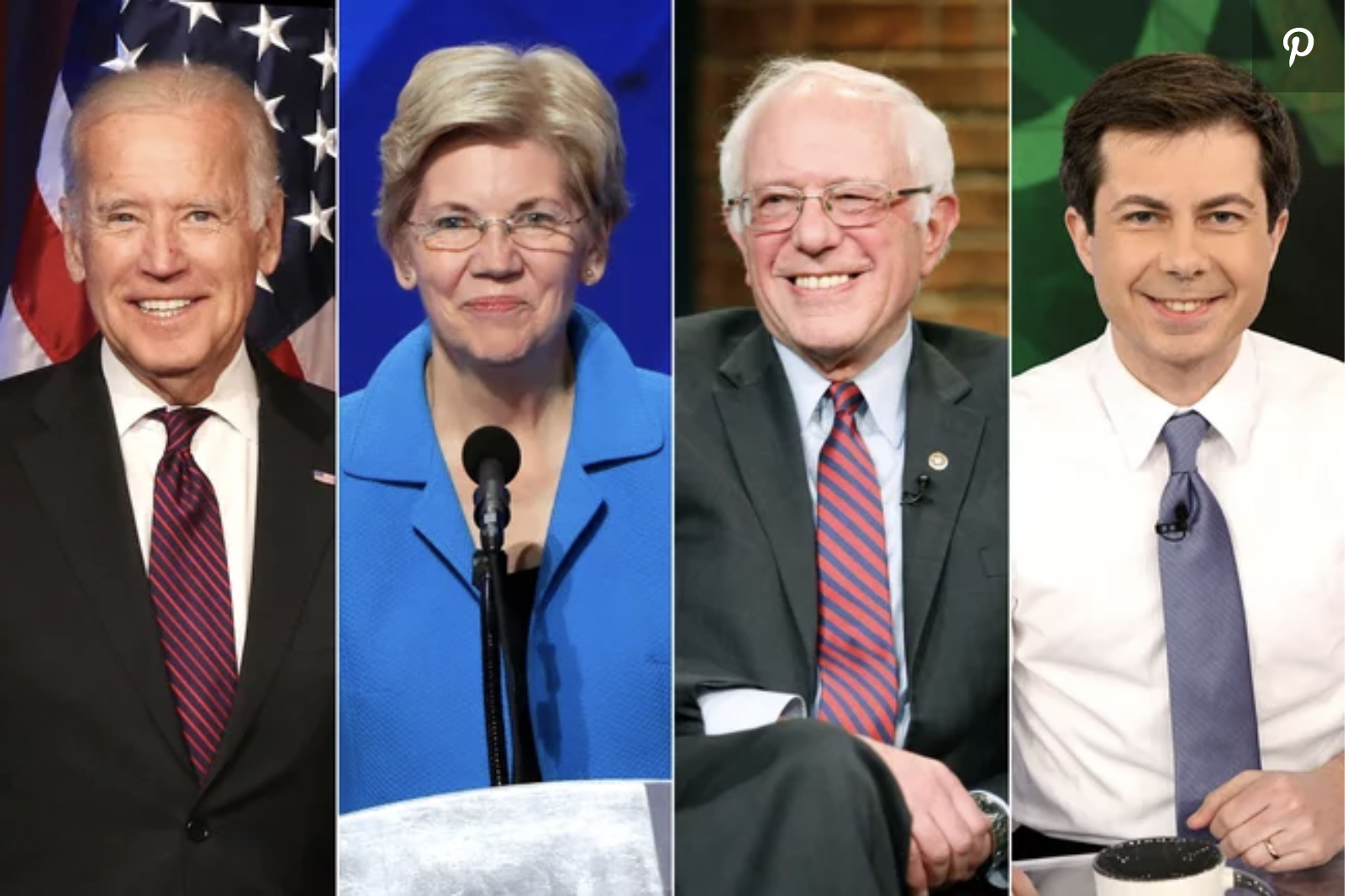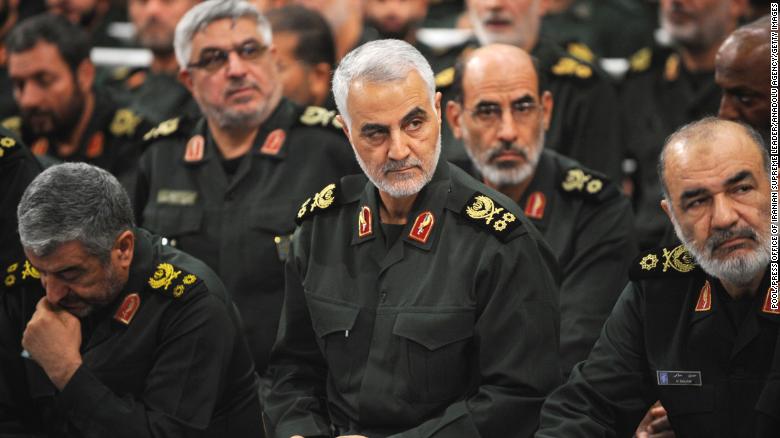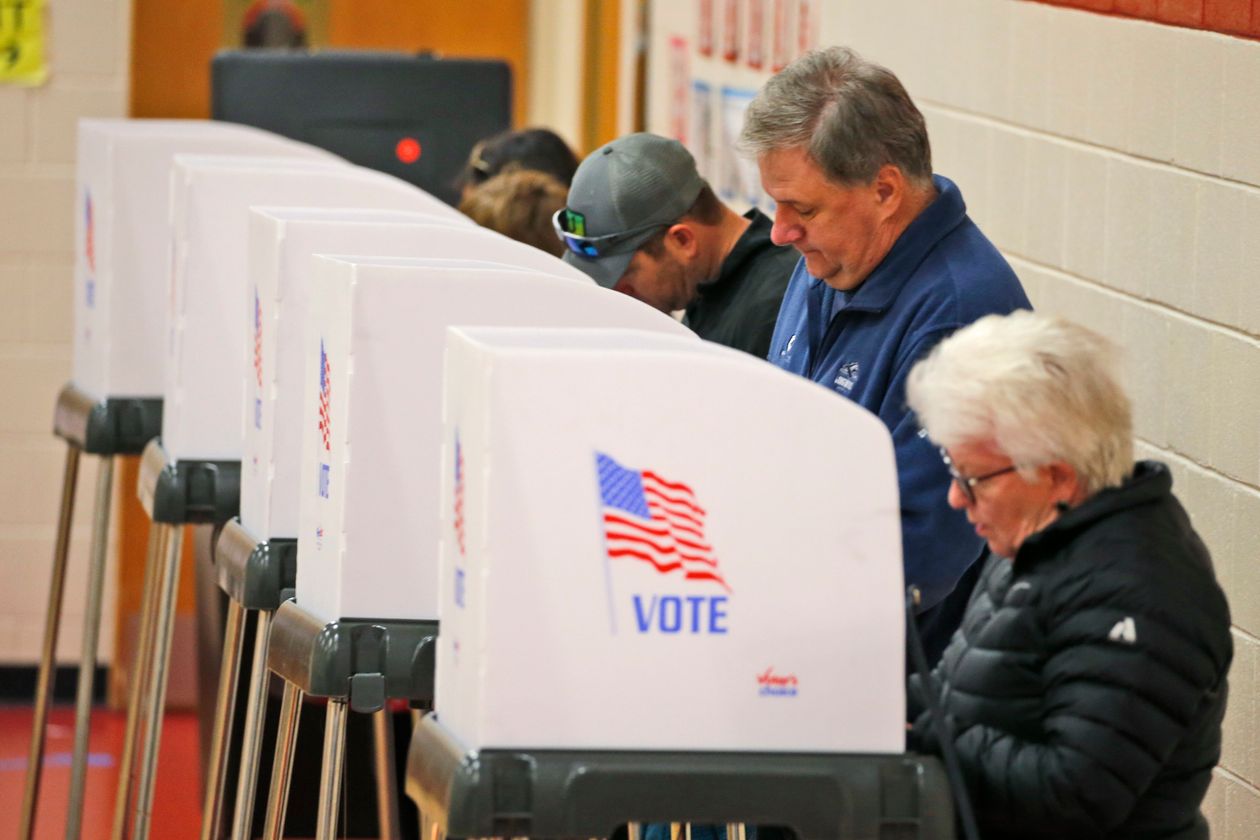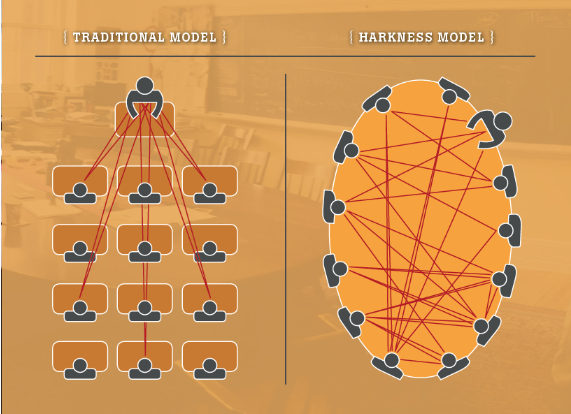Found 223 Results
Page 18 of 23

Is It a Crime When Politicians Lie?
Post | February 5, 2020
“There’s a clear difference between politics and a crime,” Michael Levy told the Supreme Court in January,1 when he made arguments in a case about New Jersey’s “Bridgegate” scandal. As the justices considered whether or not a public official commits fraud by obfuscating the “real reason”2 behind a decision, they asked both sides tough questions […]

Primary Voting Begins: Iowa and New Hampshire
Post | January 29, 2020
What Should You Watch for in the Democratic Primaries? The next month features four nominating contests: the Iowa caucuses (February 3), the New Hampshire primary (February 11), the Nevada caucuses (February 22), and the South Carolina primary (February 29).1 A great deal of polling has been done to determine voters’ favorites in these contests, particularly […]

U.S.-Iranian Relations Following the Death of Qasem Soleimani
Post | January 13, 2020
On January 2, 2020, it was announced that an air strike ordered by President Donald Trump had successfully targeted and killed Qasem Soleimani, chief of the Quds Force, at Baghdad International Airport. The Quds Force is regarded as the elite unit of Iran’s military; it handles overseas operations and is classified as a foreign terrorist […]

The Death Penalty: A Just Punishment?
Post | December 4, 2019
On November 15, 2019, the Texas Court of Criminal Appeals suspended the execution of Rodney Reed and sent his case back to trial, due to new witness testimony that pointed to his innocence and raised concerns about how evidence was handled during the initial trial.1 Since 1977, at least 166 inmates have been released from death […]

Political Ads on Social Media
Post | November 25, 2019
On October 30, Twitter CEO Jack Dorsey announced that, effective November 22, Twitter would ban all political advertising on its platform. Dorsey justified the decision by explaining that political ads present “entirely new challenges to civic discourse.”1 Twitter’s sweeping decision was not an arbitrary one; it was the result of a new wave of scrutiny […]

Vaping: Free Market vs. Consumer Safety
Post | November 19, 2019
On September 11, 2019, President Donald Trump told reporters that his administration was considering a ban on flavored vaping products.1 This announcement came after a sometimes-fatal, vaping-related illness began appearing across the United States. On November 18, the Trump administration seemed to reverse course under pressure from constituents2 and corporate donors,3 announcing that no new […]

- Civil Rights & Individual Liberties
- Constitutional Issues
- Economic Issues
- Equality
- Executive Branch
- Government & Elections
- Judicial Branch
- Legislative Branch
How the Supreme Court Could Reshape Discrimination Lawsuits
Post | November 15, 2019
On November 13, 2019, the Supreme Court heard arguments in Comcast Corp. v. National Association of African American-Owned Media.1 The Court’s decision will determine how difficult it will be to bring future cases regarding possible discrimination and racial bias to trial.2 Facts of the Case Byron Allen, an African American, owns Entertainment Studios Networks (ESN), […]

What We Can Learn From the 2019 Elections
Post | November 12, 2019
On Tuesday, November 5, 2019, voters in eight states went to the polls to vote in local and statewide elections. Competitive gubernatorial and state legislative races were held in Kentucky, Mississippi, and Virginia.1 These were the last elections before the 2020 census, which could result in the redrawing of political boundaries in each state. Furthermore, […]

The Supreme Court Will Address DACA. What Will Follow?
Post | October 30, 2019
On November 12, 2019, the Supreme Court will hear arguments about the Trump administration’s efforts to end the immigration policy known as Deferred Action for Childhood Arrivals (DACA). The status of DACA recipients has been in limbo for over two years amidst administration actions and court injunctions. What Is DACA? After Congress failed in its […]

Using the Harkness Method to Teach the News
Post | October 24, 2019
A Brief Introduction to The Harkness Method1 The Harkness method is a type of student discussion created at the Phillips Exeter Academy in 1930. At the time, most methods of education involved teacher-led lectures and rote memorization. But a wealthy philanthropist, Edward Harkness, promised a financial contribution of over $5 million (or almost $90 million […]
Page 18 of 23
Page 18 of 23

Is It a Crime When Politicians Lie?
Post | February 5, 2020
“There’s a clear difference between politics and a crime,” Michael Levy told the Supreme Court in January,1 when he made arguments in a case about New Jersey’s “Bridgegate” scandal. As the justices considered whether or not a public official commits fraud by obfuscating the “real reason”2 behind a decision, they asked both sides tough questions […]

Primary Voting Begins: Iowa and New Hampshire
Post | January 29, 2020
What Should You Watch for in the Democratic Primaries? The next month features four nominating contests: the Iowa caucuses (February 3), the New Hampshire primary (February 11), the Nevada caucuses (February 22), and the South Carolina primary (February 29).1 A great deal of polling has been done to determine voters’ favorites in these contests, particularly […]

U.S.-Iranian Relations Following the Death of Qasem Soleimani
Post | January 13, 2020
On January 2, 2020, it was announced that an air strike ordered by President Donald Trump had successfully targeted and killed Qasem Soleimani, chief of the Quds Force, at Baghdad International Airport. The Quds Force is regarded as the elite unit of Iran’s military; it handles overseas operations and is classified as a foreign terrorist […]

The Death Penalty: A Just Punishment?
Post | December 4, 2019
On November 15, 2019, the Texas Court of Criminal Appeals suspended the execution of Rodney Reed and sent his case back to trial, due to new witness testimony that pointed to his innocence and raised concerns about how evidence was handled during the initial trial.1 Since 1977, at least 166 inmates have been released from death […]

Political Ads on Social Media
Post | November 25, 2019
On October 30, Twitter CEO Jack Dorsey announced that, effective November 22, Twitter would ban all political advertising on its platform. Dorsey justified the decision by explaining that political ads present “entirely new challenges to civic discourse.”1 Twitter’s sweeping decision was not an arbitrary one; it was the result of a new wave of scrutiny […]

Vaping: Free Market vs. Consumer Safety
Post | November 19, 2019
On September 11, 2019, President Donald Trump told reporters that his administration was considering a ban on flavored vaping products.1 This announcement came after a sometimes-fatal, vaping-related illness began appearing across the United States. On November 18, the Trump administration seemed to reverse course under pressure from constituents2 and corporate donors,3 announcing that no new […]

- Civil Rights & Individual Liberties
- Constitutional Issues
- Economic Issues
- Equality
- Executive Branch
- Government & Elections
- Judicial Branch
- Legislative Branch
How the Supreme Court Could Reshape Discrimination Lawsuits
Post | November 15, 2019
On November 13, 2019, the Supreme Court heard arguments in Comcast Corp. v. National Association of African American-Owned Media.1 The Court’s decision will determine how difficult it will be to bring future cases regarding possible discrimination and racial bias to trial.2 Facts of the Case Byron Allen, an African American, owns Entertainment Studios Networks (ESN), […]

What We Can Learn From the 2019 Elections
Post | November 12, 2019
On Tuesday, November 5, 2019, voters in eight states went to the polls to vote in local and statewide elections. Competitive gubernatorial and state legislative races were held in Kentucky, Mississippi, and Virginia.1 These were the last elections before the 2020 census, which could result in the redrawing of political boundaries in each state. Furthermore, […]

The Supreme Court Will Address DACA. What Will Follow?
Post | October 30, 2019
On November 12, 2019, the Supreme Court will hear arguments about the Trump administration’s efforts to end the immigration policy known as Deferred Action for Childhood Arrivals (DACA). The status of DACA recipients has been in limbo for over two years amidst administration actions and court injunctions. What Is DACA? After Congress failed in its […]

Using the Harkness Method to Teach the News
Post | October 24, 2019
A Brief Introduction to The Harkness Method1 The Harkness method is a type of student discussion created at the Phillips Exeter Academy in 1930. At the time, most methods of education involved teacher-led lectures and rote memorization. But a wealthy philanthropist, Edward Harkness, promised a financial contribution of over $5 million (or almost $90 million […]
Page 18 of 23








